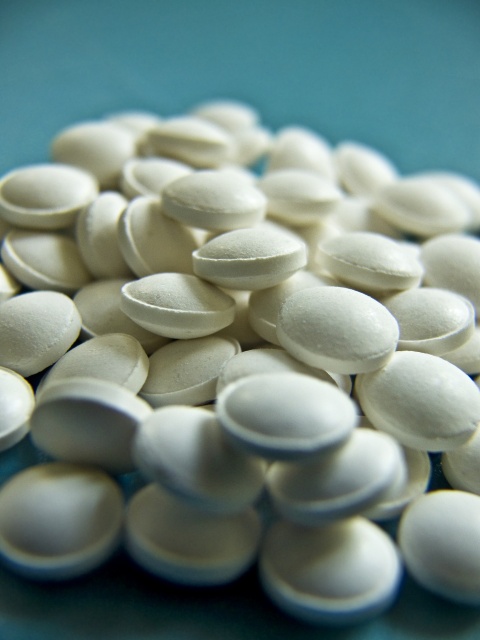News • Nationwide cohort study
Can an aspirin a day keep liver cancer away?
A new study presented this week at The Liver Meeting held by the American Association for the Study of Liver Diseases found that daily aspirin therapy was significantly associated with a reduced risk in hepatitis B (HBV) virus‐related liver cancer. According to AASLD’s Guidelines for Treatment of Chronic Hepatitis B, an estimated 240 million people worldwide have chronic HBV, and the highest prevalence of the virus is in Africa and Asia. Death from HBV is commonly due to the development of cirrhosis or hepatocellular carcinoma. Past research suggests that daily aspirin therapy — which is often prescribed to prevent cardiovascular disease — may also prevent the development of cancer. However, clinical evidence is lacking for the effectiveness of aspirin therapy in preventing HBV‐related liver cancer.
The study

“Liver cancer is the second leading cause of cancer death worldwide, and HBV is the most prevalent risk factor in our region, says Teng‐Yu Lee, MD, PhD, a researcher in the Department of Gastroenterology at Taichung Veterans General Hospital and lead investigator in the study. “HBV‐related liver cancer is therefore a major public health issue with a severe socioeconomic impact.”
The researchers retrieved medical records from the National Health Insurance Research Database between 1998 and 2012 for their study. They screened records of 204,507 patients with chronic hepatitis B, and excluded patients with other forms of infectious hepatitis. After excluding patients with liver cancer before the follow‐up index dates, 1,553 patients who had continuously received daily aspirin for at least 90 days were randomly matched 1:4 with 6,212 patients who had never received anti‐platelet therapy by means of propensity scores consisting of baseline characteristics, the index date and nucleos(t)ide analogue (NA) use during follow‐up. The researchers analyzed both cumulative incidences of and hazard ratios for HCC development after adjusting for competing mortality.
Aspirin therapy reduces liver cancer risk
Cumulative incidence of liver cancer in the group treated with aspirin therapy was significantly lower than that in the untreated group in five years. In their multivariate regression analysis, the researchers found aspirin therapy was independently associated with reduced liver cancer risk. Sensitivity subgroup analyses also verified this association. Older age, male gender, cirrhosis and diabetes also were independently associated with an increased risk, but nucleos(t)ide analogue or statin use was associated with a decreased risk.
“For effectively preventing HBV‐related liver cancer, the findings of this study may help hepatologists treat patients with chronic HBV infection in the future, particularly for those who are not indicated for antiviral therapy. We are pursuing prospective investigations for further confirming the findings,” says Dr. Lee.
Source: American Association for the Study of Liver Diseases
23.10.2017










